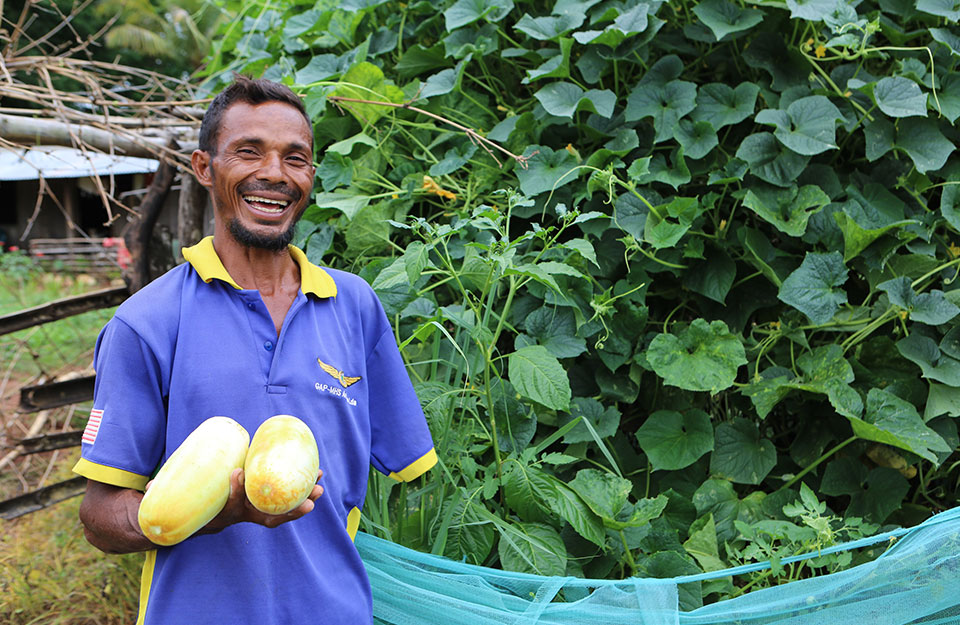Building on lessons learned from six years of implementation, TOMAK Phase 2 is delivering an integrated suite of activities to help rural families build resilient agriculture-based livelihoods, maintain year-round access to nutritious food, and improve household dietary practices.

TOMAK will achieve the program End of Investment Outcomes through a suite of collaborative activities:
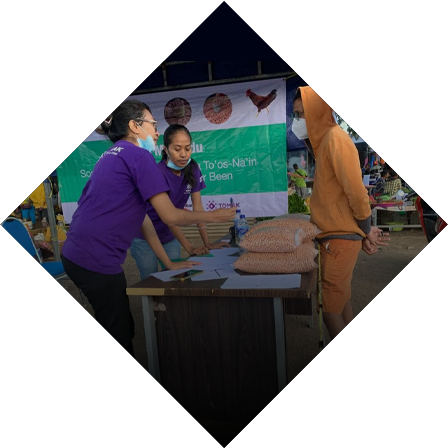
TOMAK draws on the Making Markets Work for the Poor (M4P) methodology, which seeks to change the way markets work so that disadvantaged communities are included in the process and benefits of economic development. TOMAK is working closely with market players to ensure change in market systems that will last long after the program is completed.
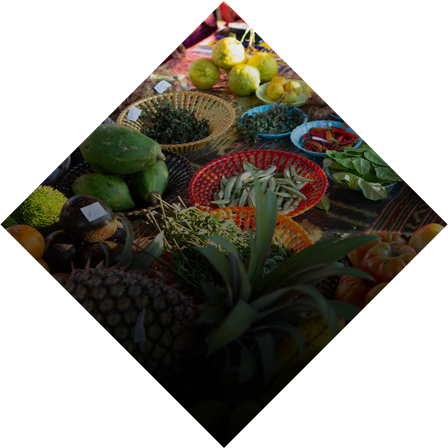
TOMAK has adopted Nutrition Sensitive Agriculture (NSA) approaches to maximise nutrition outcomes from its value chain activities. Concurrently, TOMAK is supporting social behaviour change communication activities to influence the way families and communities consume nutritious foods.
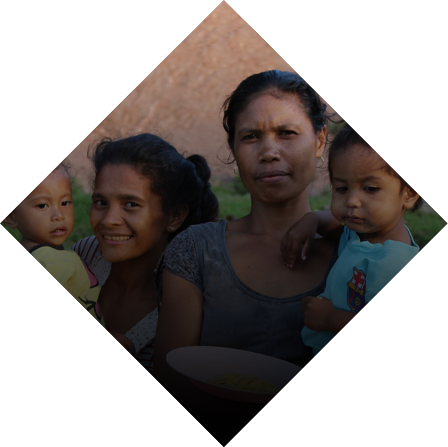
Gender equality is at the heart of TOMAK and critical to its success. TOMAK has established a specialised team to help integrate gender equality, women’s economic empowerment, and other elements of social inclusion across the whole program.
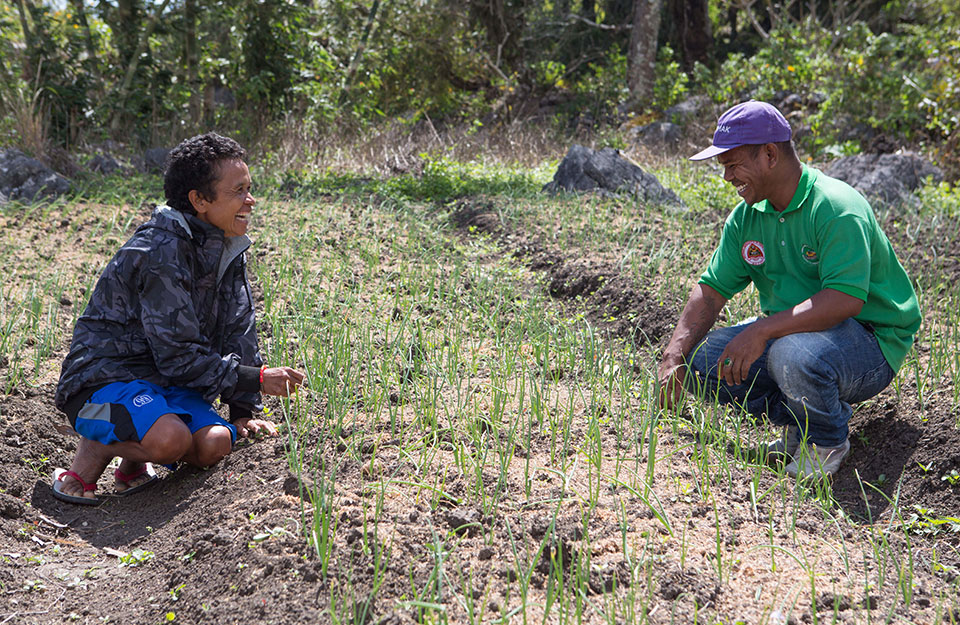
TOMAK is committed to collaborating with key GoTL institutions to improve delivery of programs and services in rural communities. Partnership with MALFF’s DNV is resulting in improved access to Newcastle Disease Vaccinations through mapping of high-volume poultry producers and training on vaccination procedures and improved care and management. TOMAK’s Nutrition-Sensitive-Agriculture curriculum continues to be a key educational resource for MALLF’s AEW and MoH’s health providers. Post training, these civil servants are connected to TOMAK’s SLGs for community level training led by GoTL counterparts with support from TOMAK.
TOMAK is supporting the development of resilient agriculture-based livelihoods by promoting improved natural resource management at community level, as well as climate-smart agriculture practices. TOMAK is establishing learning sites to trial various techniques including nutrient omission trials. TOMAK will conduct 9 nutrient omission trials to identify limiting nutrients in specific locations to guide improved fertilizer management and 40 test sites across various agro-ecological zones. These are teamed with cross-visits, allowing farmers to showcase best practices for selected value chains.
TOMAK is promoting a larger range of commodities for SLGs in Phase 2; these include: legumes, food crops (orange sweet potato and red rice), horticulture crops (leafy greens, onions, and strawberries), and livestock (pig and chickens). All 85 active SLGs have already chosen their preferred commodity and are currently engaged in Best Agricultural Practices training. SLG demplots are fully funded by TOMAK, with expansion farmers receiving a 50% cost-share for inputs needed to replicate TOMAK’s approach on their farms.
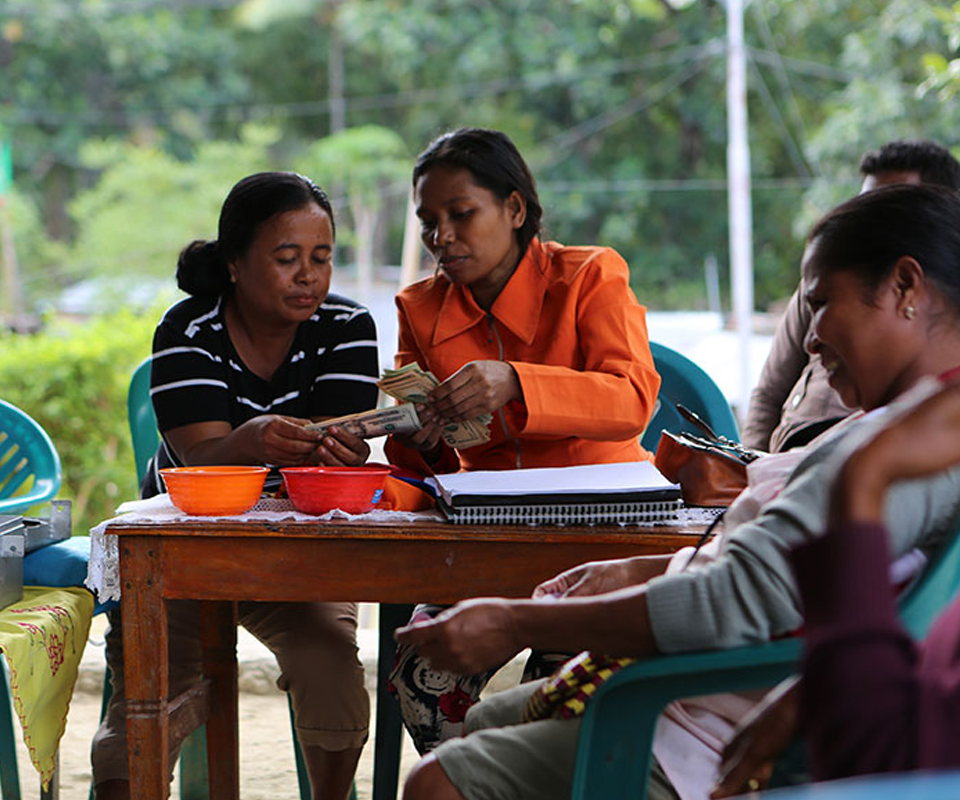
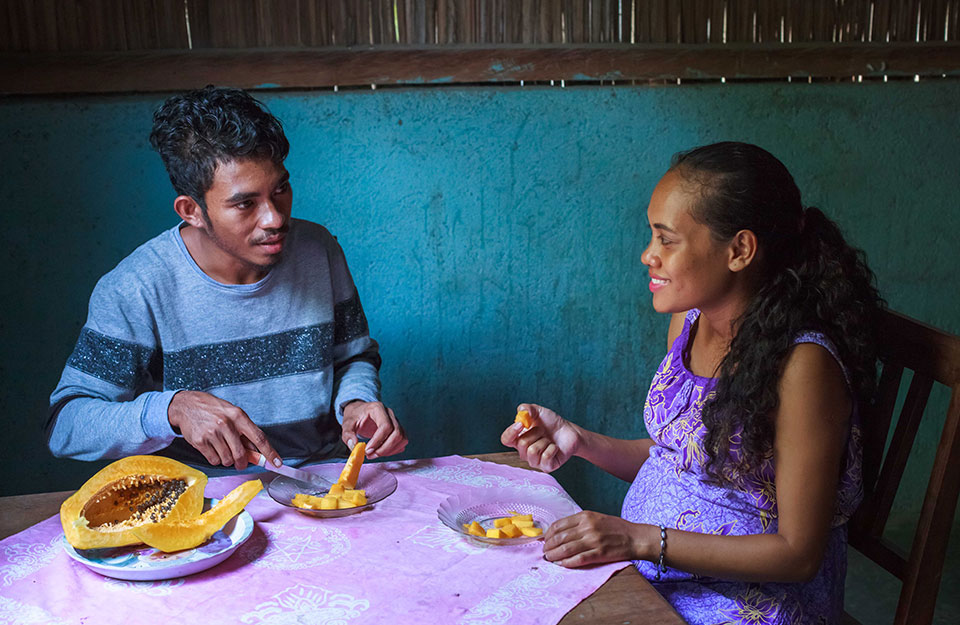
TOMAK is improving household food security by encouraging farming households to produce nutritious food for sale and consumption, using money earned to purchase additional items. The program promotes the benefits of a diverse diet for all family members.
TOMAK is expanding work in the GEDSI space with an increasing focus on youth and persons with disabilities (PWDs). Efforts will be made to promote careers and pitch agriculture as an attractive employment sector. TOMAK has recently signed a Memorandum of Understanding with RHTO and launched TOMAK’s Disability Prevalence Analysis report on agriculture and PWDs in TOMAK’s target area.
